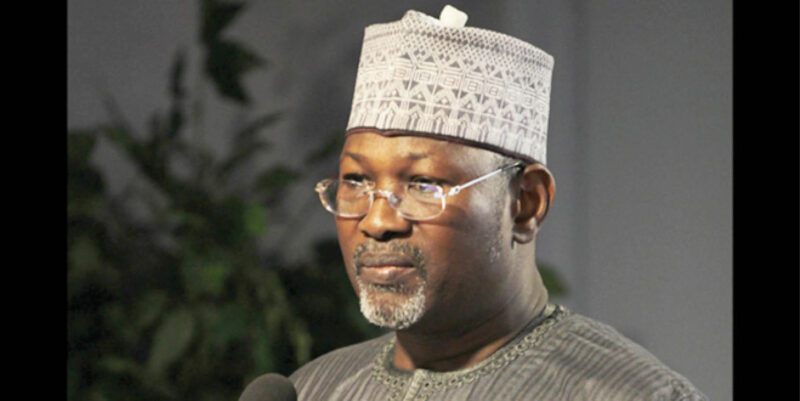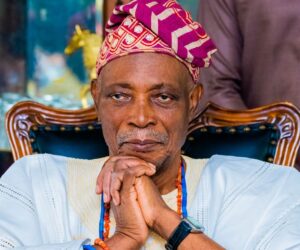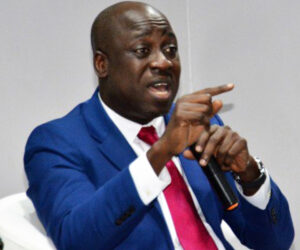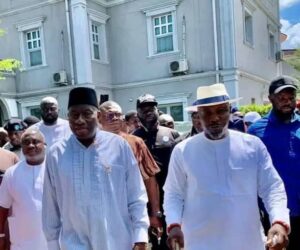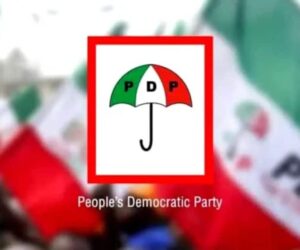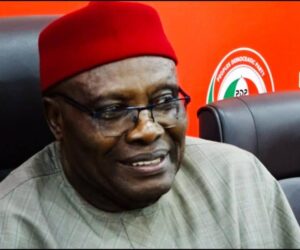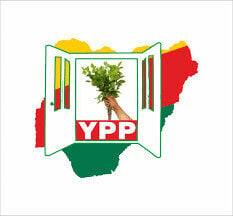Former Chairman of the Independent National Electoral Commission (INEC), Prof Attahiru Jega, has asked the Economic and Financial Crimes Commission (EFCC) and the Independent Corruption Practices and other Related Offences Commission (ICPC) to probe third-party campaigners ahead of the 2027 general elections.
He made the demand while delivering a keynote address during the Independent National Electoral Commission (INEC) roundtable on the challenges of premature campaigns at the Electoral Institute in Abuja.
Jega said, “EFCC and ICPC should pay special attention to third-party campaigners and thoroughly interrogate their sources of funding. In determining whether candidates and parties expenditures fall within approved limits, the estimated/determined expenditure by a third-party campaigner for the candidate/party should be taken into consideration.”
SPONSOR AD
Jega also said, “The recommendation for the establishment of Elections Offences Commission and Tribunal has become even more urgent, important for consideration, and should be addressed in the next/current round of electoral reforms before the 2027 elections.”
Daily Trust reports that members and supporters of various political parties, organisations and other entities as well as political actors have commenced campaigns for the 2027 general elections in violation of the Electoral Act 2022 (as amended).
Section 94.—(1) of the Electoral Act (2022), states that ”for the purpose of this act, the period of campaigning in public by every political party shall commence 150 days before polling day and end 24 hours prior to that day.”
However, campaigns have already commenced less than two years before the 2027 polls.
However, Prof Jega said, the trend has raised serious challenges to the preparations and conduct of the 2027 elections, and should be checked urgently.
“All election campaign offences, especially premature campaign offences, should be carefully defined, stiff penalties specified, and strictly applied where applicable.
“All candidates and their parties, and especially incumbent office holders and their political parties, should be vicariously held responsible and penalised for premature campaigns for them by third-parties,” he added.
Dangers of early campaigns
Speaking on the dangers of premature campaigns, Jega said they shift focus from governance to politics, especially when incumbents are involved, and divert attention to politicking rather than fulfilling their mandates to the electorate.
“Indeed, in the Nigerian context, premature campaigns quite often heat up the polity, increase political rivalry, as well as engenders hate speech, and ethno-religious polarisation. This often triggers violence, especially in politically volatile areas, deters peaceful political participation, and weakens the enforcement mechanism to punish the offenders.
“There are so many ways politicians exploit legal loopholes to engage in premature campaigns, such as consultative meetings, project commissioning, ceremonial events, and distribution of so-called palliatives.
“These acts ultimately make laws become ineffective; they encourage a culture of impunity, particularly for the ruling parties at all levels of governance in the federation,” Jega said.
Addressing the issue
Speaking on how to address the issue of early campaigns, Jega said, “Effective sanctioning is essentially the panacea for addressing the challenges of all election campaigns, especially premature campaigns. Premature election campaigns are undesirable aberrations in democratic elections, posing serious challenges to the integrity of elections.
“If not appropriately checked, they pose one of the most serious threats to elections and undermine the integrity of the entire electoral process. Premature election campaigns are basically campaigns done outside the legally defined period.
“They create an uneven playing field; disrespect and violate the law; they confer unfair advantages to parties/candidates who jumped the gun; they breed/entrench a culture of lawlessness and impunity; and they create political tensions; and they may even generate tensions and conflicts and undermine law and order.”
SERAP threatens legal action against INEC
Meanwhile, a Socio-Economic Rights and Accountability Project (SERAP) has threatened legal action against INEC if it fails to take decisive actions against early campaigners.
SERAP in a letter addressed to INEC Chairman, Professor Mahmood Yakubu, asked the Commission to identify politicians and political parties violating the legal provisions on campaigns and ensure their prosecution.
The letter dated September 13, 2025 and signed by its Deputy Director, Kolawole Oluwadare, said INEC should not be helpless when political actors contravene the provisions of the Electoral Act, stressing that early campaigns were a threat to democracy.
The letter reads in parts, “We would therefore be grateful if the recommended measures are taken within seven days of the receipt and/or publication of this letter. If we have not heard from you by then, SERAP shall take all appropriate legal actions to compel you and INEC to comply with our request in the public interest.”

